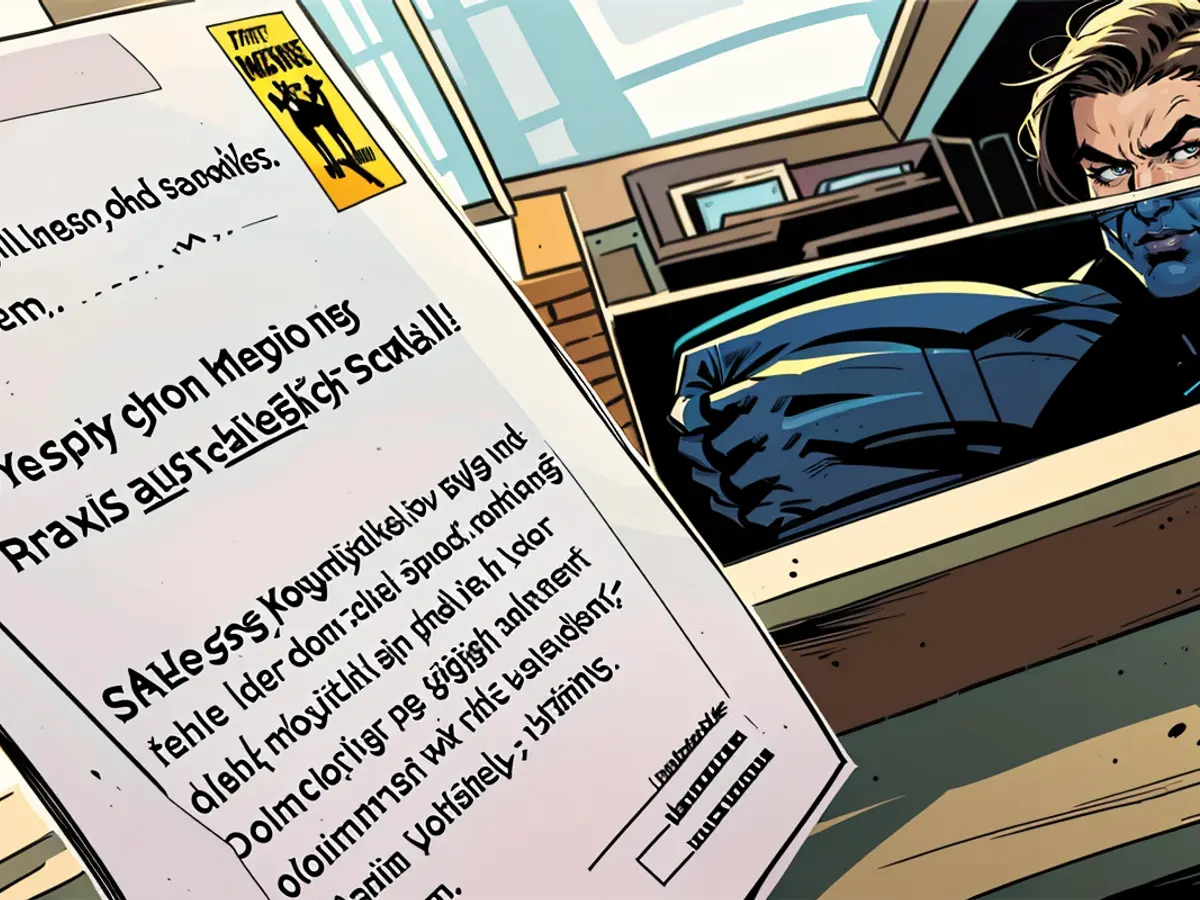- Children's hospital only treats German-speaking patients
A pediatric practice in Kirchheim unter Teck now treats only patients who speak German or come with an interpreter. "We only speak German in this practice!" is written on a sign at the reception of the practice near Stuttgart. This rule has sparked discussions online and accusations of racism. Dr. Ulrich Kuhn, a pediatrician and adolescent medicine specialist, emphasized that emergencies would still be treated without an interpreter. "We don't turn anyone away who doesn't speak German, that's not the point."
The goal is to treat patients safely, securely, and reasonably. "That was the motivation for putting up this sign," said the 60-year-old. More and more parents with children had been coming in who didn't understand a word or hardly any. This made treatment and diagnosis impossible. "We simply couldn't explain to the patients and their parents what needed to be done."
"Need to protect ourselves legally"
They couldn't ask questions, for example, about allergies or medical history, which of course also influences therapeutic procedures. "Every time we give an injection, we commit a small bodily injury in the sense of the Civil Code and also in the sense of the Criminal Code. We have to protect ourselves legally."
The notice has been at the reception of the large Kirchheim pediatric practice for about two months. It also says: "If communication is not possible due to a lack of German language skills and no interpreter is personally present, we will have to refuse treatment in the future, except in emergencies."
Mixed reactions
The patients haven't given any negative reactions to this - on the contrary, said Kuhn. They've even been encouraged. "Parents with a migrant background haven't reacted negatively, they've just brought interpreters with them." And a practice on Lake Constance has asked if they can take over the sign, the doctor reported.
About 3,500 children and adolescents are treated in the practice per quarter. Kuhn has been practicing with his colleague on site for about 23 years. About half of the patients now have a migration background.
Sign to stay despite criticism
Outside the practice rooms, in social networks and internet reviews, the reactions were mixed. Alongside understanding, there was also clear criticism of the approach. "I am absolutely horrified," commented one user. And another wrote: "For me, it's bottomless, disrespectful, and racist."
The doctors are aware of the racism accusations, but the sign will stay. "We know that's not our motivation - so the opinions of people who have nothing to do with our practice don't interest me that much," Kuhn emphasized.
"Suboptimal" translation apps
According to the State Medical Association of Baden-Württemberg, doctors can terminate the treatment of patients under various circumstances - including if there are fundamental communication problems. Professionally, a significant scope of discretion should be left to the doctor.
The Association of Statutory Health Insurance Physicians in Stuttgart said the situation was hardly solvable for doctors. "On the one hand, they want to treat patients, on the other hand, they have to inform them." For this, a minimum of communication is required. Apps like Google Translator are only suboptimal and would take up a lot of time that could then not be available for other patients.
That it's virtually impossible to provide legally compliant information about vaccinations in the presence of language barriers is certainly clear to everyone, a spokesperson for the Professional Association of Children and Youth Doctors in Berlin said. "Finding the right balance here is a daily challenge for a children and youth practice."
Meanwhile, for the practice it is clear: "This sign does not contain any discriminatory statement," Kuhn said. It has nothing to do with discrimination, but with reality. "If there's no interpreter and the patients don't understand us, we're actually not allowed to treat them. If we do so anyway, we're constantly operating in a legal gray area."
- Despite the controversy, a pediatric practice in Stuttgart's vicinity, similar to the one in Kirchheim unter Teck, is considering adopting the German-only policy due to communication difficulties with non-German-speaking patients.
- The medical association in Stuttgart acknowledges the challenges doctors face when treating non-German-speaking patients, stating that apps like Google Translator are suboptimal and time-consuming.






